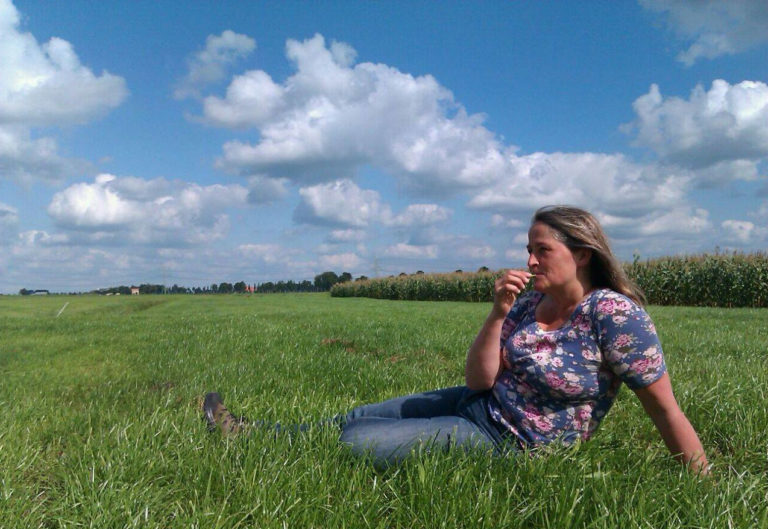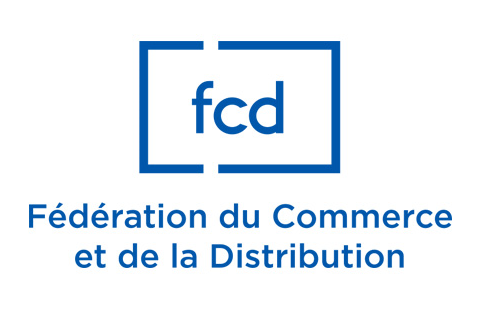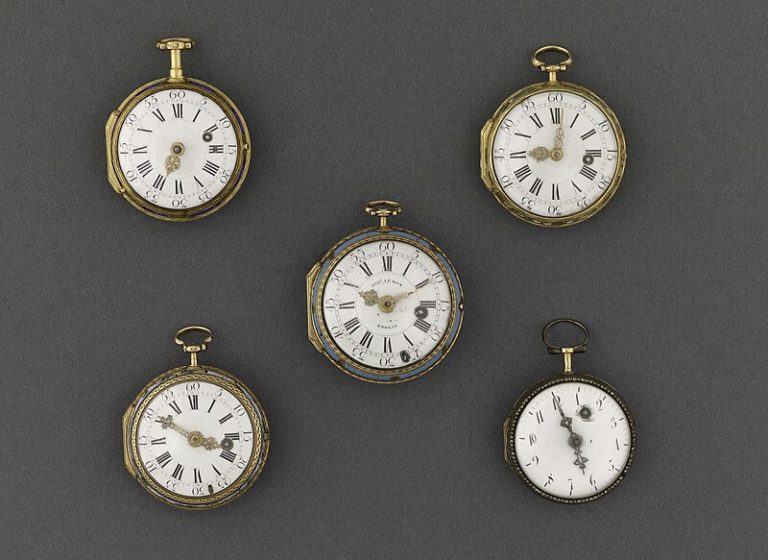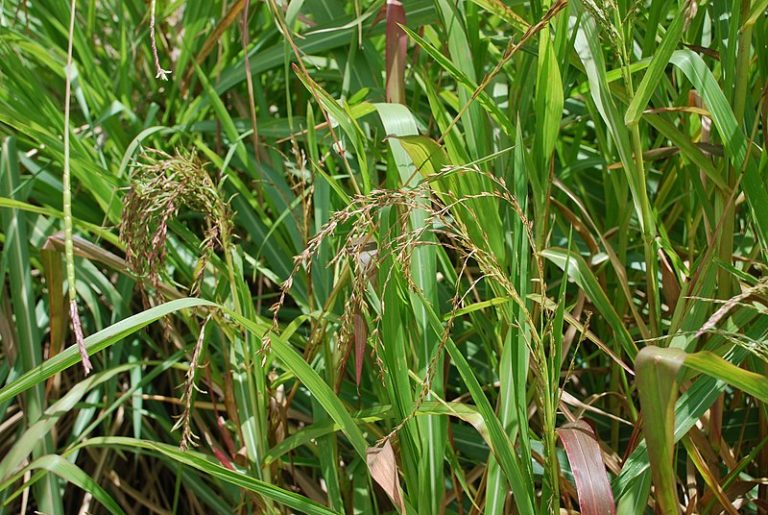News
Illegal GMO rice in Europe again
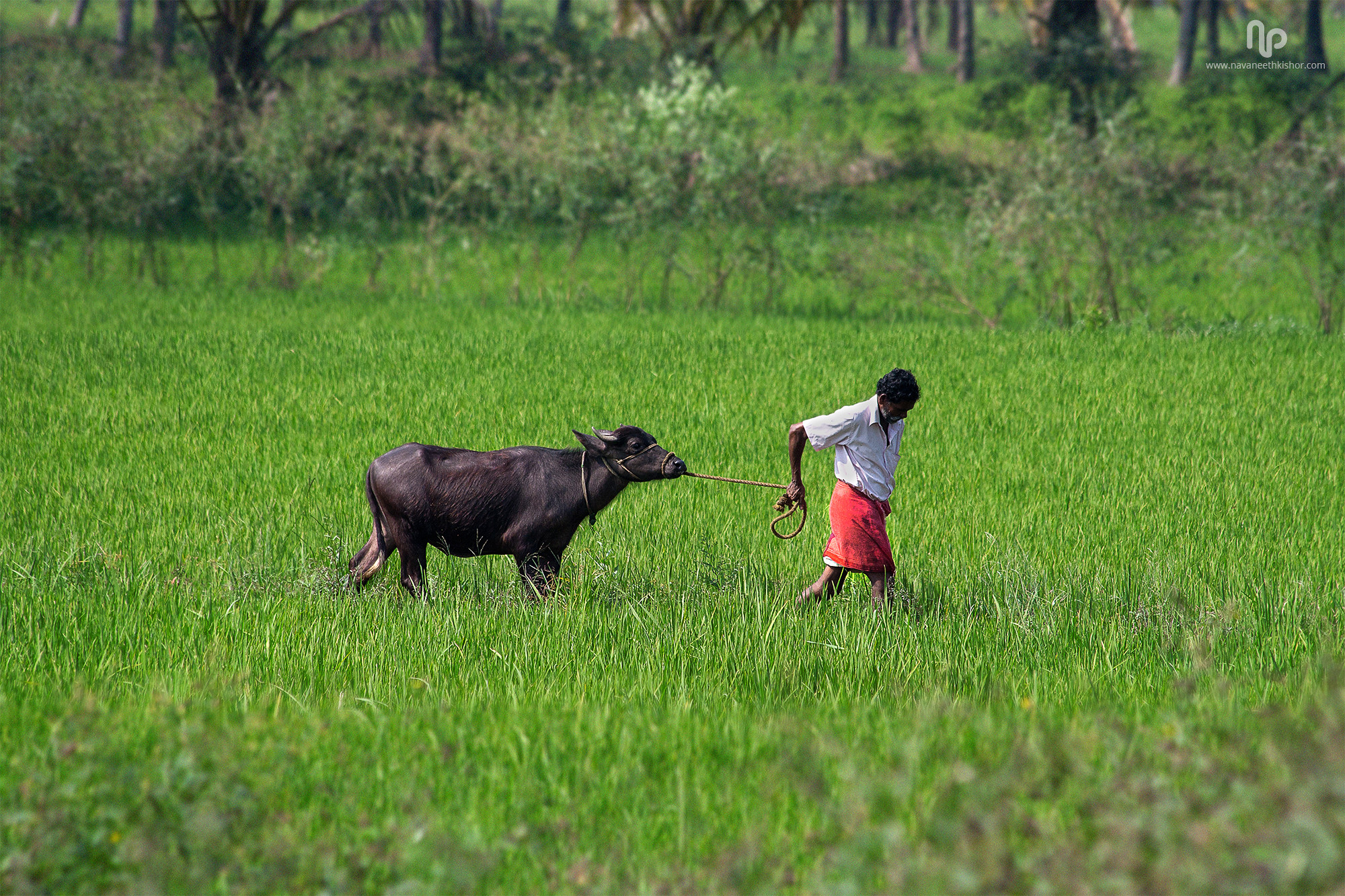
In 2023, German and Spanish customs notified the presence of transgenic rice on their territory. This GM rice is not allowed for importation into Europe. Commercial cultivation is currently very limited. Only the golden rice, genetically modified to produce vitamin A, is cultivated in the Philippines. However, since 2006, GM rice has been regularly found in the European Union…
In January 2023, German customs intercepted illegal rice noodles. The noodles, from Thailand, were made from transgenic rice, which importation into the European Union is forbidden. Germany informed the European Commission of this new incident and the Rapid Alert System for Food and Feed (RASFF) issued an alert on 11 January 2023. The Netherlands is the point of entry for these illegal noodles, but the RASFF states that they have been distributed in other European countries: Austria, Belgium, France [1], Germany, Hungary, Ireland, Luxembourg, Romania, Spain and the United Kingdom…
On 16 May 2023, it was Spain’s turn to inform the RASFF of the detection of unauthorised GM rice flour, this time from India [2]. The European Commission tells us that two containers are involved (48 tonnes in total).
By 2021, 500 tonnes of transgenic rice flour from India had already been intercepted in the European Union [3]. In November 2021, the Coalition for a GMO-free India called on the country’s authorities and highlighted the lack of coexistence measures between the GMO and non-GMO supply chains. In an open letter, it pointed out that several GM rice field trials had been carried out in India [4]. It warns that these trials have led to “contamination and leakage” reaching the food chain. The Coalition is calling the Indian government to halt all field trials of genetically modified rice. The European Commission also wrote to the Indian authorities in 2021. According to the newspaper Down To Earth, they denied the allegations and their responsibility [5]. The Commission also asked the Indian government to identify the company that had exported the broken rice. The notifications made via the RASFF do not reveal the trade names and identities of the companies concerned. The Commission tells us that it has not received a response from this country either in 2021 or 2023.
As for Thailand, which is the target of the German notification, the situation seems different. Interviewed by Inf’OGM, Piyasak Chaumpluk, a biologist at Chulalongkorn University in Bangkok, claims that no field trials with genetically modified rice have been carried out in Thailand. For him, “given that rice is a very important crop in Thailand, our country will never, ever authorise the cultivation of GM rice of any kind”. Then he lists the few cases of GMOs being used illegally in his country: maize, papaya, soya, etc. He continues: “if the noodle case is true, I think it’s due to the import of rice flour, not rice grains. In fact, certain Thai companies have extended their activities to countries in South-East Asia, so it is possible to import rice flour from each site into the Kingdom”. The European Commission tells us: “Thailand has been asked to carry out investigations to reveal the cause of this non-compliance. Their authorities replied that the same batch had been tested and found negative for GMOs”.
Such information may seem trivial, or even anecdotal… But the phenomenon does raise questions. Currently, only one transgenic rice is cultivated: golden rice, genetically modified to contain more beta-carotene, authorised in July 2021 in the Philippines [6].
Several varieties of transgenic rice have been authorised for cultivation in the United States (LLRICE06, LLRICE601, LLRICE62), China (GM Shanyou 63, Huahui-1/TT51-1, Iran (Tarom molaii) (according to the Isaaa). However, according to our information, they have not been grown commercially.
Illegal crops were discovered in the United States and China in 2006, but the authorities in these countries officially did everything in their power to contain the genetic contamination [7].
Rice research funded by the Gates Foundation
The leading investor in the International Rice Research Institute (IRRI) is the Bill & Melinda Gates Foundation. According to the Foundation’s website, it has contributed more than $197 million to IRRI between 2007 and 2019. In 2019, IRRI received $63.8 million in grants, a significant proportion of which via the CGIAR (Consultative Group on International Agricultural Research) (27%), national governments (India, Japan, China, Germany, etc.) (32%). 24% comes from “philantropic” foundations [8]. It should also be noted that the CGIAR has also received grants from the Gates Foundation (4.9 million dollars in 2020, 9.9 million in 2019, 5.2 million in 2012…) and CGIAR research centres have also been able to transfer money to IRRI…
The Gates Foundation has also supported other organisations involved in the development of modern rice varieties:
- The Bangladesh Rice Research Institute has received nearly four million dollars on two occasions, in 2015 and 2019 [9] [10];
- the organisation Program for Appropriate Technology in Health (PATH) received five million dollars in 1999 and 535,000 dollars in 2005 “to prevent malnutrition in Asia, Latin America and parts of Africa by enriching rice with essential micronutrients” [11] ;
- the University of Oxford received nearly $6 million in 2015 and nearly $15 million in 2019 to “develop high-yielding rice varieties for smallholder farmers through the introduction of C4 photosynthetic traits” [12] [13] ;
- Africa Rice Center received nearly $5 million in 2019 to “integrate Africa’s public rice breeding efforts into a modern, efficient variety development system that develops higher-yielding, market-preferred, stress-tolerant varieties and enables their delivery to smallholder African farmers” [14] ;
- Chinese Academy of Agricultural Sciences received more than eight million in 2016 to “increase the productivity and incomes of smallholder farmers by developing and delivering high-yielding, stress-tolerant, disease-resistant rice varieties to farmers in sub-Saharan Africa and South Asia” [15] ;
- African Agricultural Technology Foundation received $4.4 million in 2018 “to support the development of hybrid rice breeding programmes and seed production technologies for use by the private sector” [16].
How much of these grants was used to work on genetically modified rice varieties? Impossible to know, but the Gates Foundation has never shied away from being an ardent promoter of biotechnologies, plant, animal and vaccine [17].
[1] Inf’OGM questioned the Direction Générale de l’Alimentation (Ministry of Agriculture) about the illegal presence of transgenic rice in France, to no avail
[2] RASFF, “notification n°2023.3239”, 16 May 2023.
[3] , « Riz OGM interdit : des produits rappelés partout dans le monde », Inf’OGM, 2 September 2021.
[4] India GM Info, “Letter to GEAC to investigate reported GM rice from India”, 12 November 2021
[5] “GMO rice from India withdrawn in EU: Indian coalition asks for action”, Down to Earth, 19 October 2021
[6] , « OGM – Le riz doré autorisé à la culture aux Philippines », Inf’OGM, 23 September 2021.
[7] , « Des riz transgéniques illégaux “s’invitent” à la table des Européens », Inf’OGM, September 2006.
[8] CGIAR, “Financial Highlight”
[9] Bill & Melinda Gates Foundation, “Committed grants – Bangladesh Rice Research Institute”, November 2015
[10] Bill & Melinda Gates Foundation, “Committed grants – Bangladesh Rice Research Institute”, November 2019
[11] Bill & Melinda Gates Foundation, “Committed grants – PATH”, April 1999.
[12] Bill & Melinda Gates Foundation, “Committed grants – University of Oxford”, October 2015.
[13] Bill & Melinda Gates Foundation, “Committed grants – University of Oxford”, October 2019.
[14] Bill & Melinda Gates Foundation, “Committed grants – Africa Rice Center”, October 2019.
[15] Bill & Melinda Gates Foundation, “Committed grants – Chinese Academy of Agricultural Sciences”, March 2016.
[16] Bill & Melinda Gates Foundation, “Committed grants – African Agricultural Technology Foundation”, April 2018.
[17] , « La Fondation Bill Gates soutient les OGM et finance la FAO », Inf’OGM, January 2009.
, « États-Unis – Le forçage génétique financé par l’armée et la Fondation Gates », Inf’OGM, 4 December 2017.
“Bill, Melinda Gates advocate GMOs to a Brussels audience”, Euractiv, 22 January 2015.







